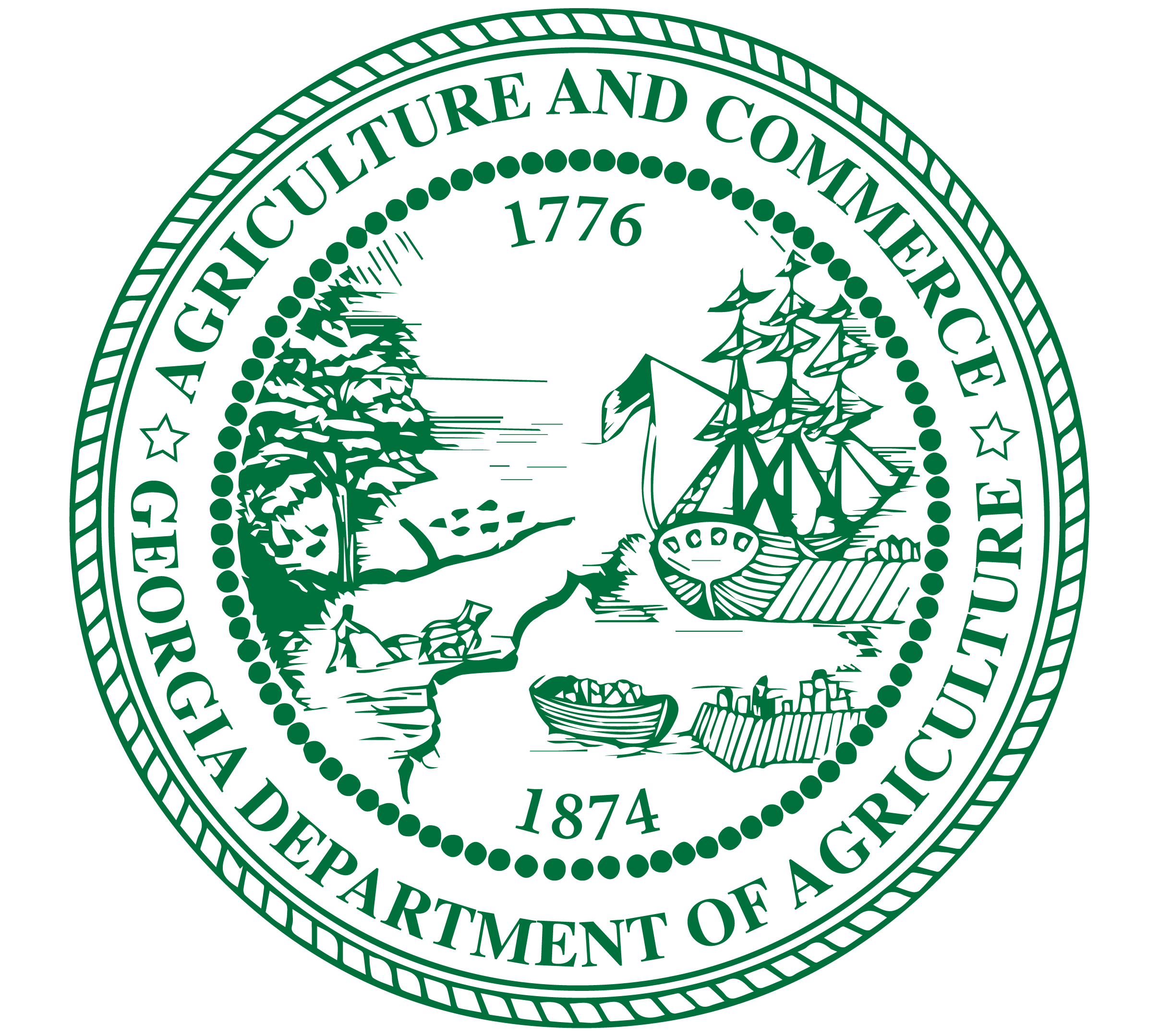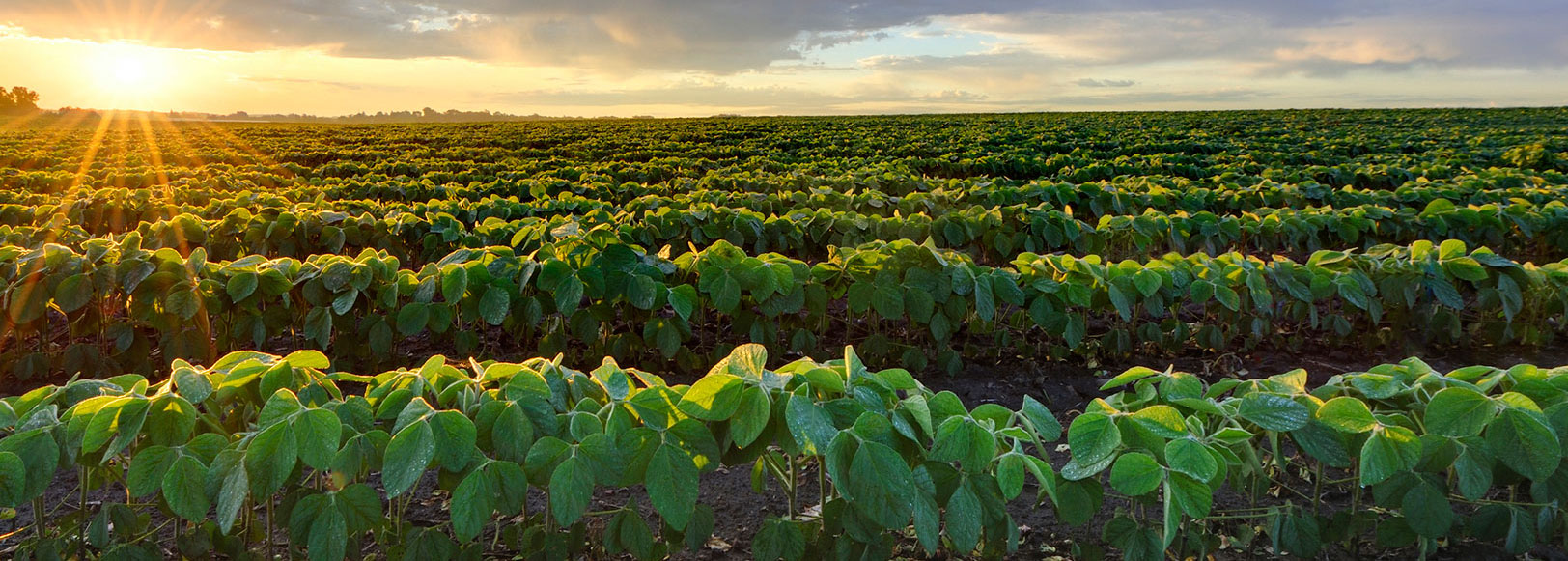For Hurricane Response: Milton information, please see our Hurricane Response: Milton page
The Georgia Department of Agriculture is working with state, federal, and industry partners to promote the safety of citizens, evacuees, livestock, and companion animals.
Report Hurricane Helene damage on our online reporting form (preferred method). You may also email Helene@agr.georgia.gov.
GDA's Emergency Response Hotline: 1-855-491-1432
GA Enforcement Discretion for Animal Evacuees from the Anticipated storm Milton
GA - Evacuation of Animals from Areas Impacted by Hurricane/Tropical Storm Helene
NC - Veterinary Division Tropical Storm Helene ICVI 2024-09-23 Waiver
MS - Waiver Entry Natural Disasters - Helene 2024
FL - Helene Interstate Movement Waiver GA
SC - 2024 LPH Potential Tropical Cyclone Nine Georgia Waiver
TN - Hurricane Helene Emergency Travel CVI Waiver
Emergency Tips
- Follow emergency instructions given by your local and state Emergency Management Associations.
- Have a generator of sufficient size and extra fuel to provide for your needs.
- Store fuel and equipment out of reach so it will not get flooded.
- Have extra batteries for flashlights/radios and charge cell phones.
- Ensure equipment inside and outside the house is stored away or secured and reinforce openings - Flying debris from hurricane winds can cause significant damage.
- Ensure your pets and livestock are safe - Make plans for feed, water, housing, transportation, destination, and expenses.
- Check on animals and property for damage after the storm - Ventilation, water supply, feed supply, and structural repairs should be assessed in that order.
- Store all pesticides in locations that are elevated (on shelves or masonry blocks) above ground level so they will not be impacted by floods and place all pesticides in watertight storage containers.
- Food should be stored on shelves, relatively high off the floor, to reduce chances of contamination by floodwater.
- Strategize food stores before the emergency by grouping foods together in the freezer, keeping coolers on hand for power outages that last longer than 4 hours, and freezing food items not going to be used right away (this is a good way to prevent food waste, too).
Emergency Animal Care Tips
- If animals are missing, report to local animal services and share any identification information (pictures, tattoos, brands) to assist with reunification efforts.
- Examine for damages and potential hazards before letting sheltered animals back into pastures and ensure that perimeter fencing is secure and/or supplemented with temporary fencing measures until permanent fences are repaired.
- Check animals for injuries and treat them as soon as they are safely contained, watch animals for any signs of disease and report to your veterinarian.
- Slowly move animals into regular diets if these have been altered and check livestock feed for water contamination. Do not feed any contaminated feed to the animals.
- Be aware that animals may be temporarily disoriented, nervous, and restless following the event. Use familiar personnel and protocols to help them re-acclimate.
- Dispose of any livestock carcasses. If needed, consult the GDA Livestock and Poultry Section, 404-656-3665, for guidance on carcass disposal to ensure Dead Animal Act requirements are met.
(Use the arrows at the bottom to switch between Pet, Equine, and Livestock shelters.)
Open Full Screen Map
Pets & Livestock
For temporary sheltering options please call ahead to verify they still have space available.
- Open Animal Hospitals - (10/05/2024)
- Home to Home Temporary Housing for Pets Flyer
- Pet-Friendly Hotels in Georgia
- Hurricane Equine Shelters (updated 10/09/2024)
- Hurricane Boarding for Dogs, Cats and Small Animals (Updated 10/10/2024)
- Animal Disease Coping Flyer
- Emergency Sheltering Alternatives
Contact the Companion Animal / Livestock Team
404-656-4914, caecompliance@agr.georgia.gov
Back to Top
Crops
Locate your FSA office
https://offices.sc.egov.usda.gov/locator/app?state=ga&agency=fsa (Georgia Map)
https://offices.sc.egov.usda.gov/locator/app (National Map)
Back to Top
Food
Hurricane Food Safety
- GDA Licensed FoodBanks (10/04/2024)
- Food Safety reminders in hurricane
- Food Safety and Natural Disasters
- USDA - Avoid Foodborne Illness During Temporary Power Outages
- FoodSafety.gov: Refrigerated Food & Frozen Food When in Doubt, Throw it Out
- GEMA/HS: Food Safety Tips
- FDA Food Safety During Emergencies- Link for Consumers
Flooded Area Producer Resources
- Boil Water Advisory Guidance for Georgia's Food Industry
- Purifying Non-potable Water (uga.edu)
- Resources for Food Producers in Flooded Areas
- FDA's Guidance for Industry: Evaluating the Safety of Flood-affected Food Crops for Human Consumption
- It's Hurricane Season Part 1 Podcast - Lessons for regulators on the human-side of disasters, from Tracy Johnstone with McDonald's (via AFDO)
- It's Hurricane Season Part 2 Podcast - Lessons for regulators (no matter where they live), from Michael Roberson with Publix (via AFDO)
Food Safety Industry Self-Reporting Survey
Contact Food Safety
Food Safety Rapid Response Team RRT@agr.georgia.gov
Back to Top
Fuel
The Georgia Department of Agriculture does not regulate or manage fuel prices. If you have questions about gas prices, please contact the Georgia Department of Law's Consumer Protection Division.
Waiver of State Dyed Diesel Penalty Enforcement Flyer
DOR Twitter post: Waiver of State Dyed Diesel Penalty Enforcement
Contact Fuel and Measures
Doug Killingsworth, Division Director: 404-656-3605, Doug.Killingsworth@agr.georgia.gov
Back to Top


